The Shenzhen-based company launched its first-generation Powerstar P3-01105 CPU early last month. President Li Ruijie said the chip was designed primarily for desktop computers in the commercial market, based on Intel's x86 architecture in cooperation with the US company.
However, the product marketing materials published by Powerleader do not mention any agreement with Intel. After the launch event, some experts and technology enthusiasts immediately recognized the similarities between this CPU and Intel's product. They said that the new Powerleader CPU is an improved version of the older Intel processor.
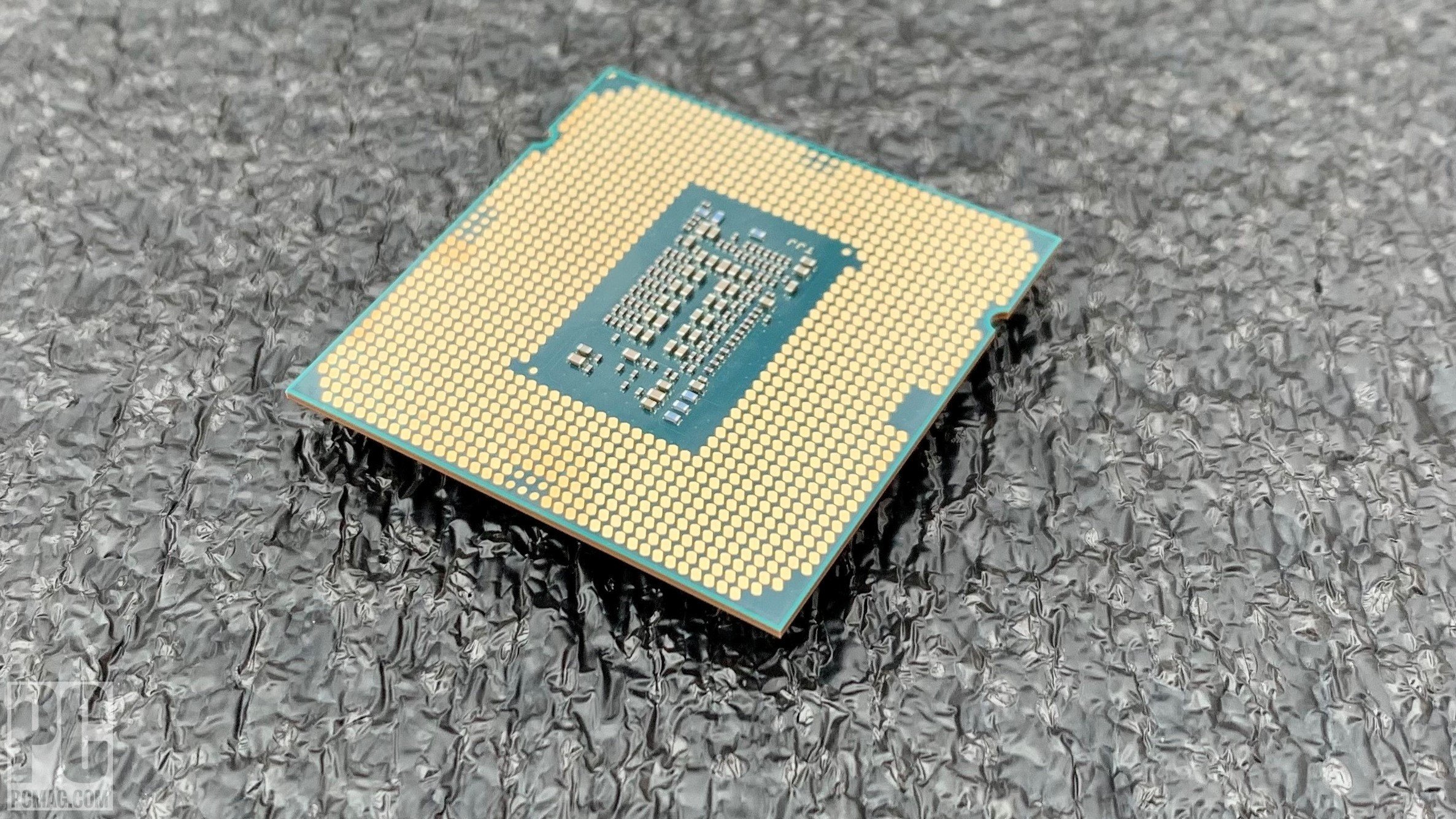
The Powerstar chip's specifications and performance were published by Geekbench (Canada) in late May, showing that this processor is identical to Intel's Core i3-10105 Comet Lake CPU. Meanwhile, Tom's Hardware, a popular technology news and review website, also pointed out some identical design elements and physical attributes between the two chips.
This has led to accusations that the Chinese company has exaggerated the product as an effort to self-sufficient in domestic technology, in order to receive subsidies from the government . Beijing has been increasing support for semiconductor research and development through subsidies and funding as the technology war with Washington shows no signs of cooling down.
In a statement posted by Li on Weibo, Powerleader reiterated that the Powerstar chip is a “custom product developed with support from Intel.” In addition to removing online marketing material about the new processor, the company said it did not seek any government subsidies during the development of the processor.
However, Powerleader did not clarify or provide any details about how they customized with Intel processors.
Exaggerating domestic technological autonomy
The Chinese company continued to say on May 6 that the newly launched product marks "an important step on the journey to achieve independence and control of the domestic x86 chip architecture." Powerleader plans to build nine manufacturing facilities across the mainland and aims for annual sales of 1.5 million units.

However, according to Caixin, semiconductor experts expressed doubts about whether Powerleader has the capacity to produce chips on its own, as the company has not invested heavily in its production lines, nor does it have the expertise to fully grasp the technology behind Intel's CPUs.
Powerleader, founded in 2003, primarily makes servers and personal computers. The company is expected to account for less than 5% of China's server market share by 2022, according to a report published by market researcher IDC.
Some observers have compared the incident to a 2006 scandal when Chen Jin, a prominent president and professor at Shanghai Jiaotong University, defrauded government funding by falsifying research on the Hanxin digital signal processor, which was later exposed as a Motorola chip.
Experts say the Powerleader case differs from the Hanxin chip scandal in that the company had a prior business agreement with Intel. Therefore, it may have “overstated” its technological autonomy in product marketing, and confused the distinction between self-developed chips and custom chips.
(According to Nikkei Asia)
Source



![[Photo] Prime Minister Pham Minh Chinh chairs the meeting of the Government Party Committee Standing Committee](https://vstatic.vietnam.vn/vietnam/resource/IMAGE/2025/8/23/8e94aa3d26424d1ab1528c3e4bbacc45)
![[Photo] General Secretary To Lam attends the 80th Anniversary of the Cultural Sector's Traditional Day](https://vstatic.vietnam.vn/vietnam/resource/IMAGE/2025/8/23/7a88e6b58502490aa153adf8f0eec2b2)




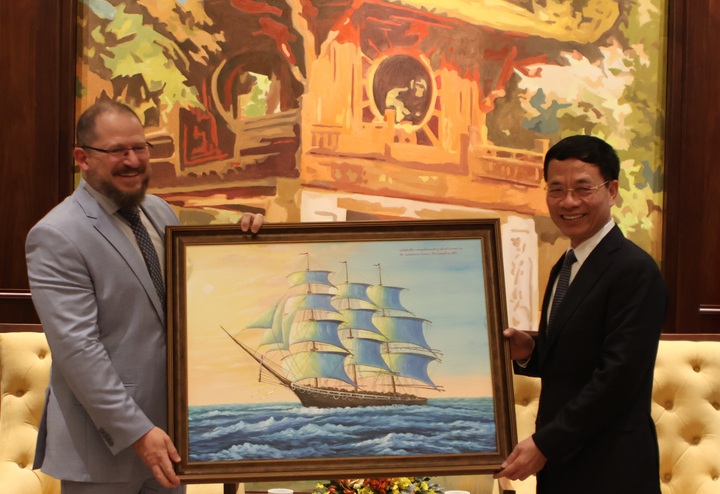

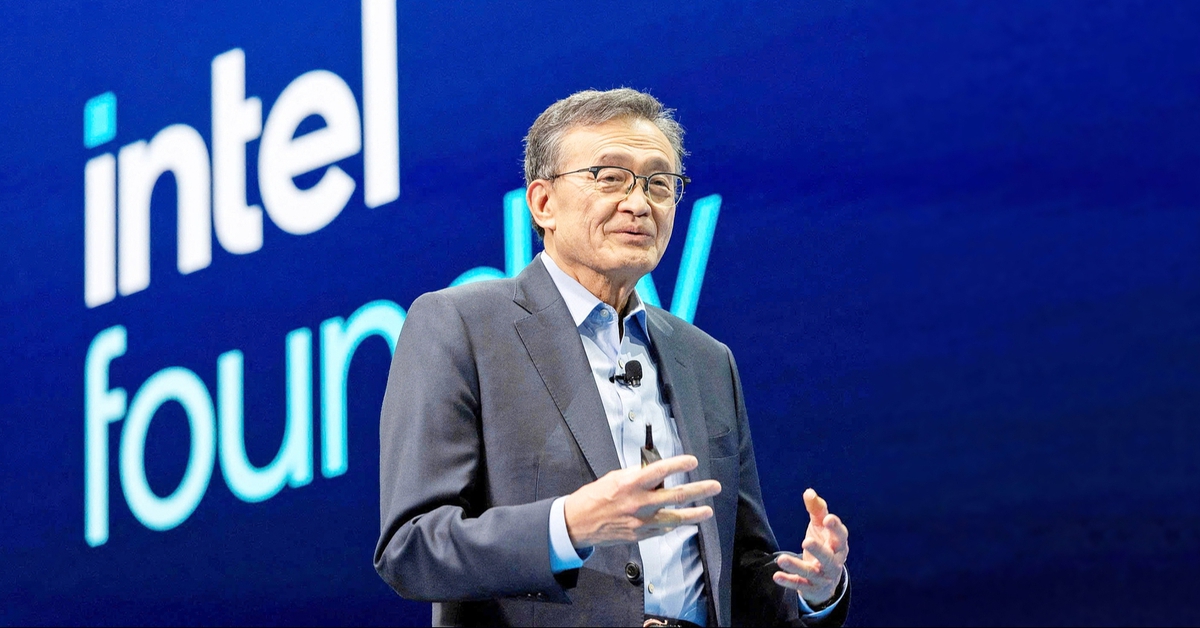

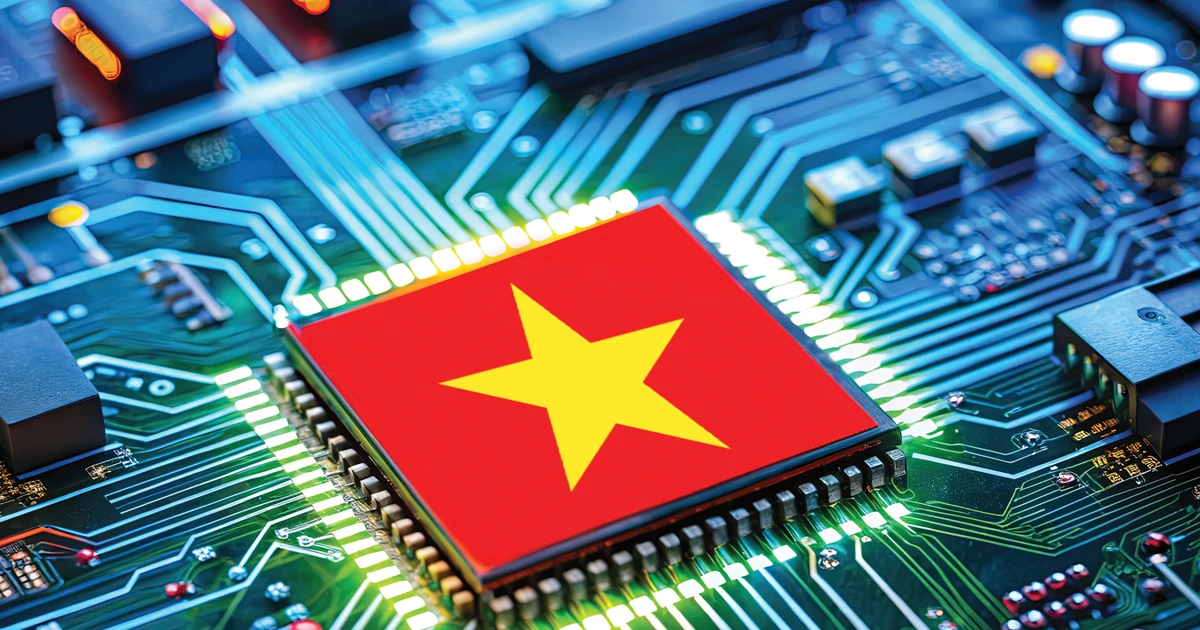

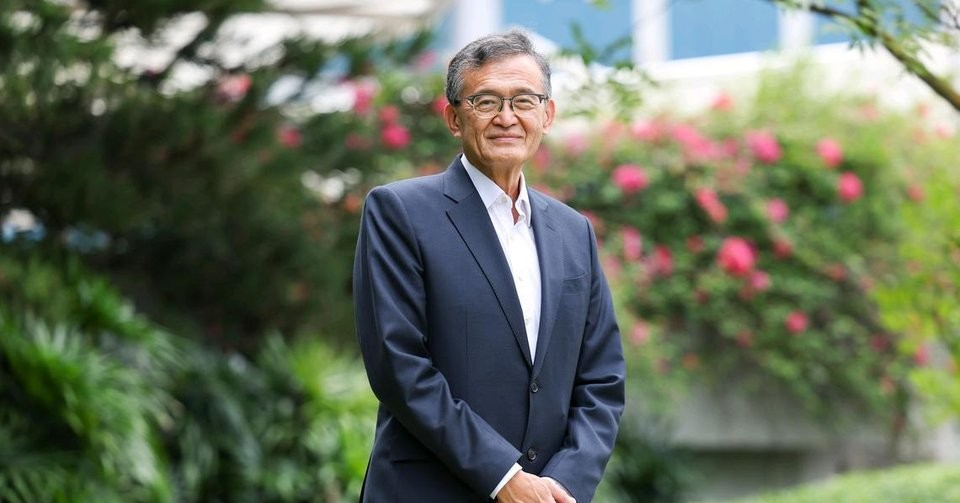
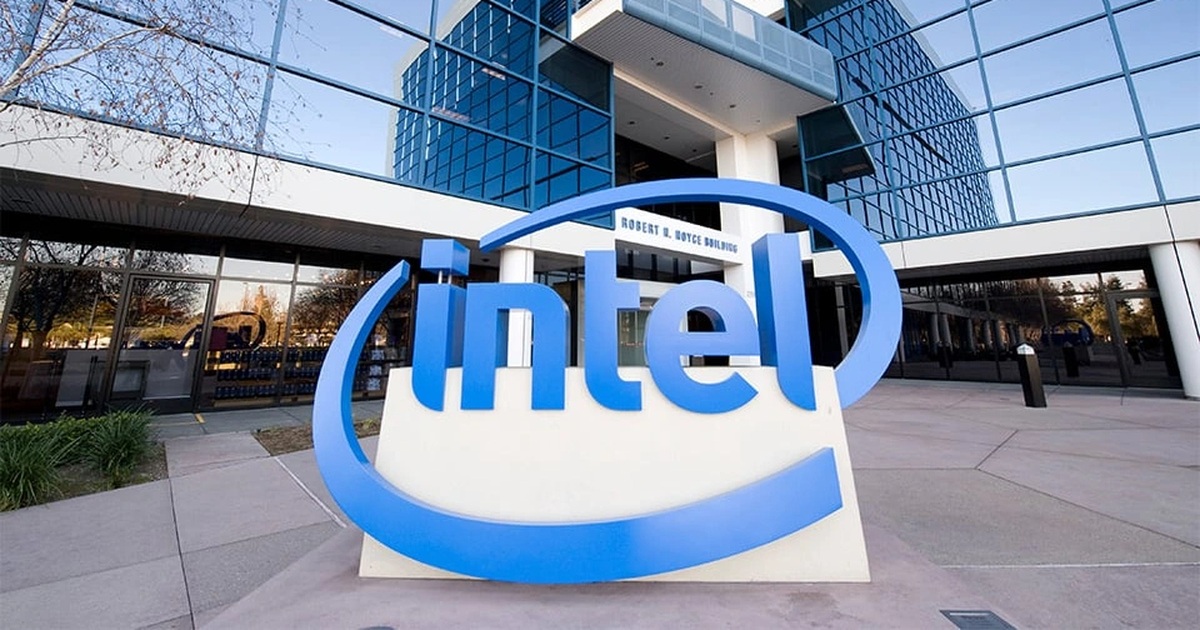

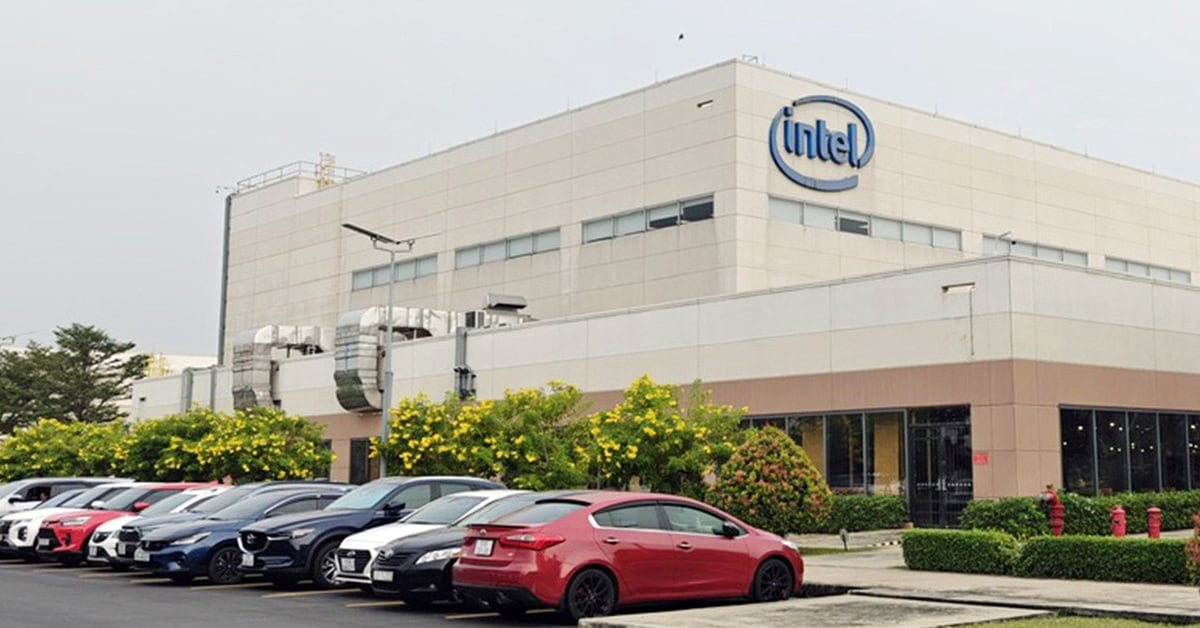


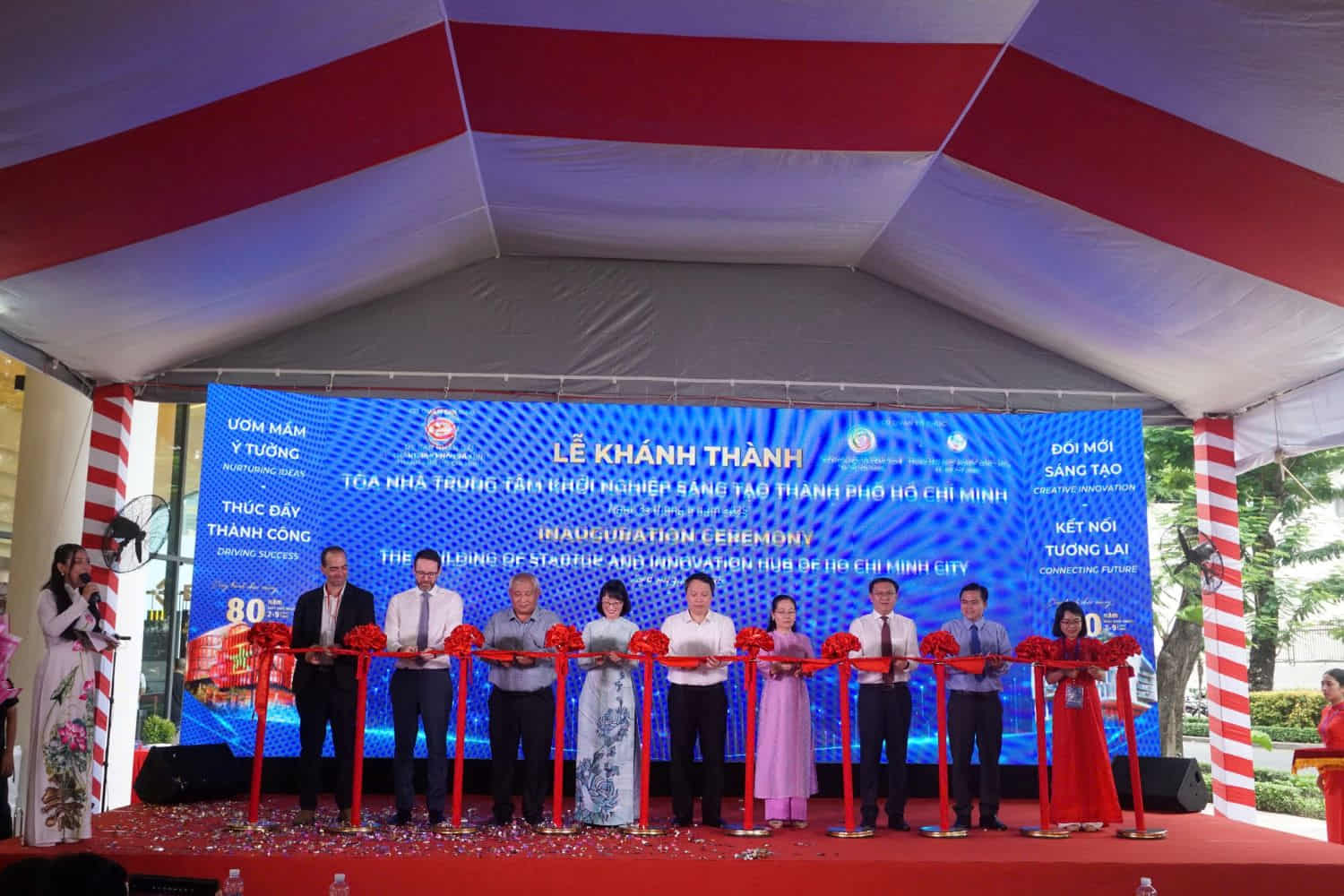
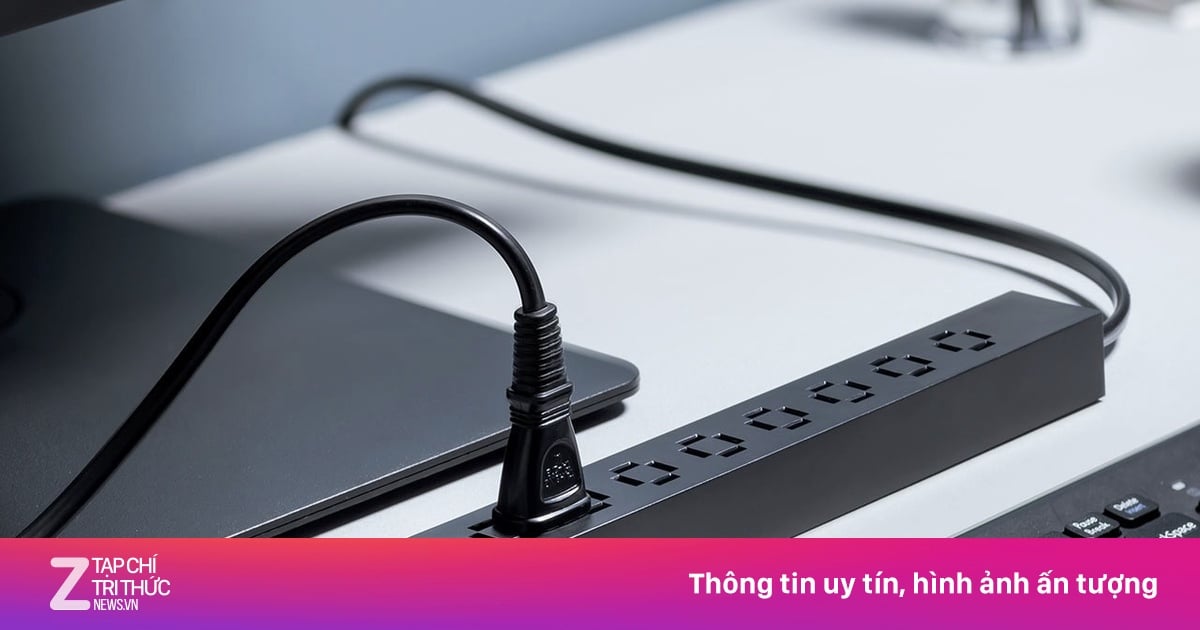


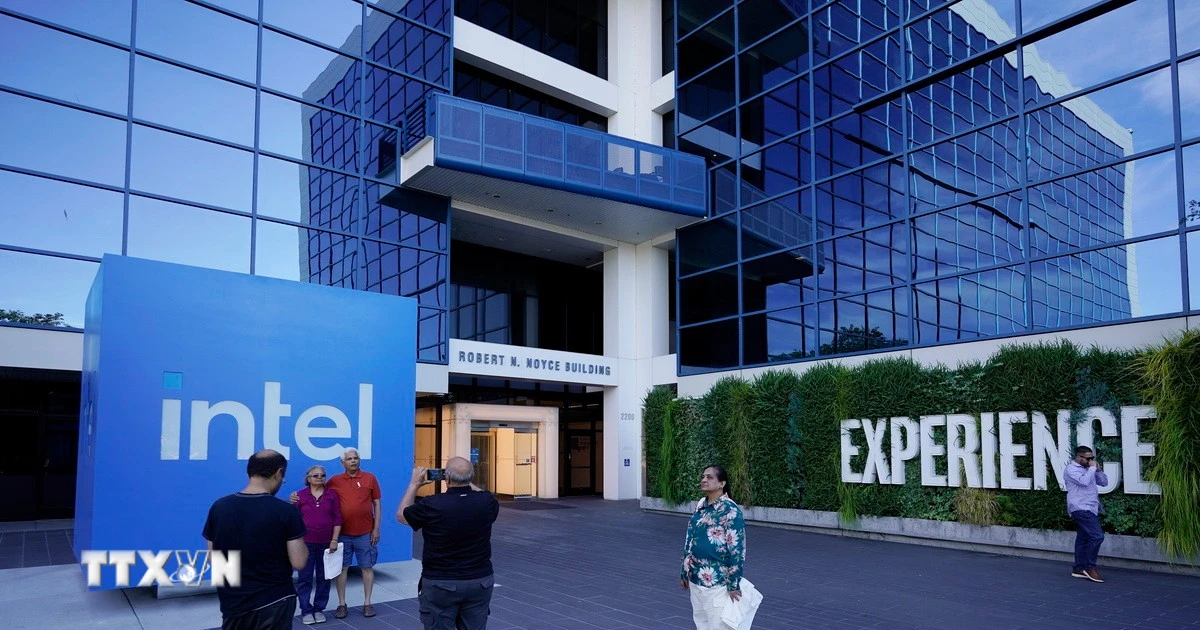


























































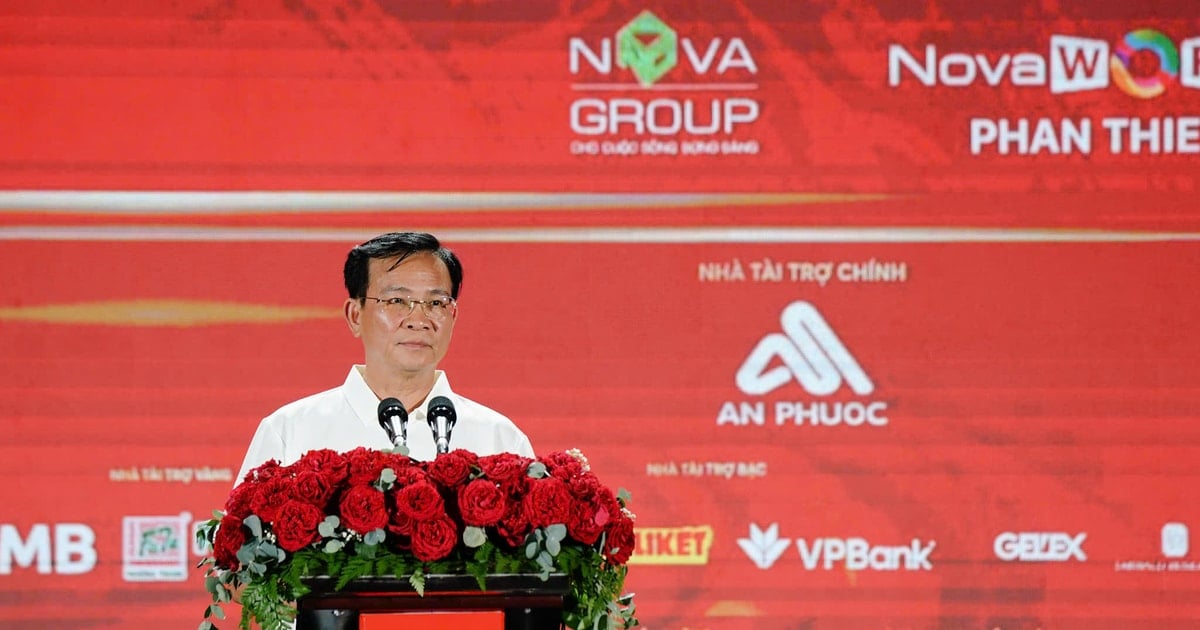
















Comment (0)